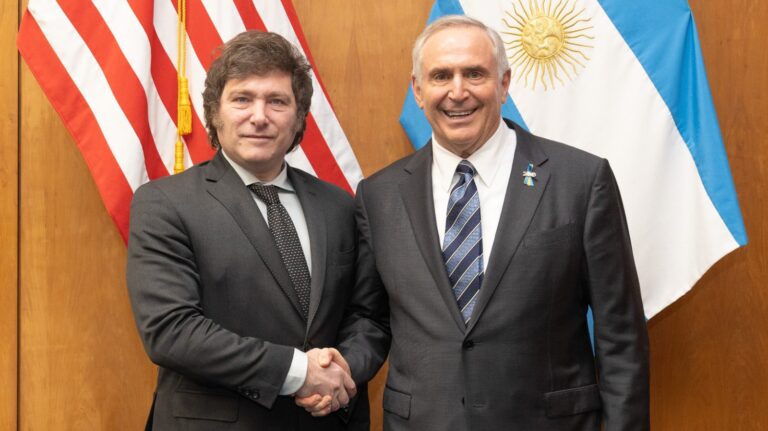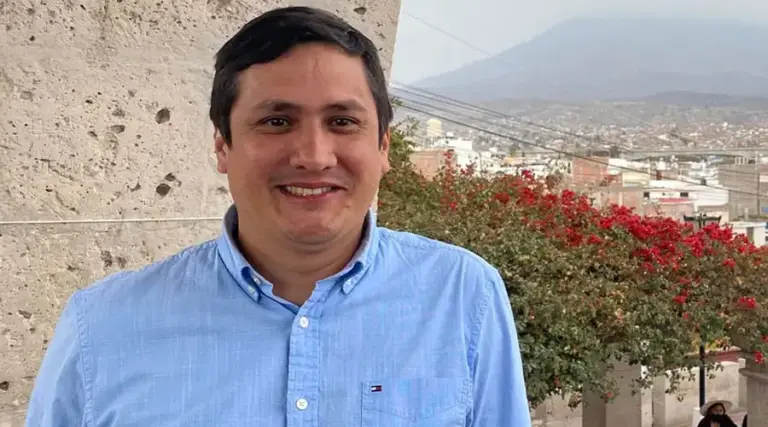Chinese doctors call for euthanasia; Japanese raise population control funds
A group of prominent doctors in Beijing has called on China’s parliament to pass a law allowing doctors to legally help the very old and very sick to die, the Xinhua news agency said recently. The call for a euthanasia law adumbrates a new stage in China’s population control policy, where patient killing is used to reduce the increasing numbers of non-productive elderly.
“Doctors are duty-bound to cure patients’ sickness, but they have to alleviate the pain of those patients with incurable diseases,” Professor Wu Zhaoguang of Zhongshan hospital in Shanghai was quoted by Xinhua as saying, Wu and like-minded colleagues from other medical institutions appealed to the annual session of the National People’s Congress for haste in enacting a law on euthanasia.
“It is a humane practice to grant doctors and patients the right to carry out euthanasia in accordance with the law,” Wu was quoted as saying. Patient killing could be introduced first in Beijing, Shanghai and other large cities where facilities were more advanced, Beijing medical professors Hu Yamei and Yan Renying said. Whether doctors or relatives should be permitted to end the suffering of chronically ill or terminal patients has been the subject of an officially sanctioned debate across China in recent years, as the Chinese Communist Party ponders unfavorable birth/death ratios.
The communist-run parliament has at least twice declined to legalize the practice, despite the urging of deputies who say it would stop sufferers being forced to commit suicide. The debate took on new significance in 1995 when a man in southern Hunan province was imprisoned for three years for helping his cancer-stricken wife to die. Liu Bo, 54, was convicted in March 1995 of murdering his wife by giving her tea laced with pesticide after she pleaded with him to help her escape the agony of her disease. The wide play given to this story by the state-run media — and Liu’s light sentence — are thought to signal the Party’s tacit approval of patient killing.
Deputies to Shanghai’s local legislature reopened the debate in February when 24 of them launched a motion calling for patients to “have the right to live and the right to die.”
Western human rights activists are wary of proposals to legalize euthanasia in China, saying it could be abused by officials anxious to economize on scarce medical resources. Western reaction to a euthanasia law would depend on whether it was seen as linked to China’s controversial policies on eugenics, a Western diplomat in Beijing said. (Xinhua, March 1996)
More than 80 percent of China’s couples of child-bearing age use contraceptives, with women favoring intrauterine devices (IUDs) over birth control pills, a family planning official said recently.
A three-year survey by the State Family Planning Commission found that more than 200 million couples of child-bearing age, or 80 percent of the total, were using contraceptives at the end of 1995, the official said.
The figure compared with 60-70 percent in the 1980s, the official said. The remaining 20 percent did not use contraceptives for a range of reasons, including lack of access, ignorance, sterility, pregnancy, getting ready for pregnancy or plain refusal to use birth control methods, he said.
Of women of child-bearing age who use contraceptives, 41 percent prefer IUDs compared to 7 percent who opt for birth control pills, the survey said.
“Many Chinese women shun the pill thinking it is harmful to their health,” the official said in a telephone interview. “IUDs are more convenient,” he said. “The pill is not accessible in remote places like Tibet and often women on the pill forget to take it.”
The survey said 40 percent of the women had “decided” to avoid pregnancy by being sterilized. Only 11 percent of men “chose” sterilization, the survey said.
The Beijing regime maintains a strict one-couple, one-child policy, especially in urban areas, and has been accused by foreign governments and human rights groups of using forced abortions and sterilization to control its population. (Reuters)
The Japanese government, for at least the tenth consecutive year, has again increased its funding of the worldwide population control activities of UNFPA and IPPF. In fiscal year 1995 (1 April 1995 – 31 March 1996), Japan pledged a new record sum of U.S. $71 million for the United Nations Population Fund and the International Planned Parenthood Federation. Japan’s contributions to those two organizations has risen steadily from just under $43 million in 1985 to the $71 million currently.
Inasmuch as Japan has previously announced in 1994 that it would commit U.S. $3 billion over the seven year period 1994-2000 to combat global population problems, future funding levels are slated to increase substantially. With its 1995 contribution, Japan remains the biggest donor to UNFPA.
Japan’s strong commitment to population control is evidenced by its increased budget allocation to UNFPA/IPPF despite widespread budgetary constraints due to the devastating earthquake in Kobe and the country’s lingering economic recession, both of which have led to funding cuts in other programs. (JOICFP NEWS, April 1995, p. 1.)










